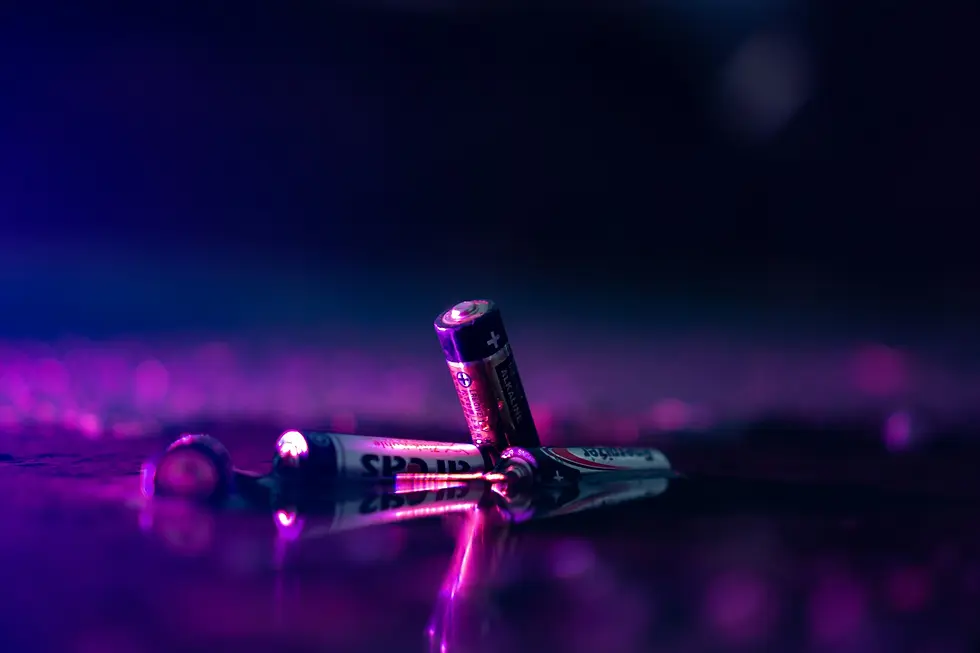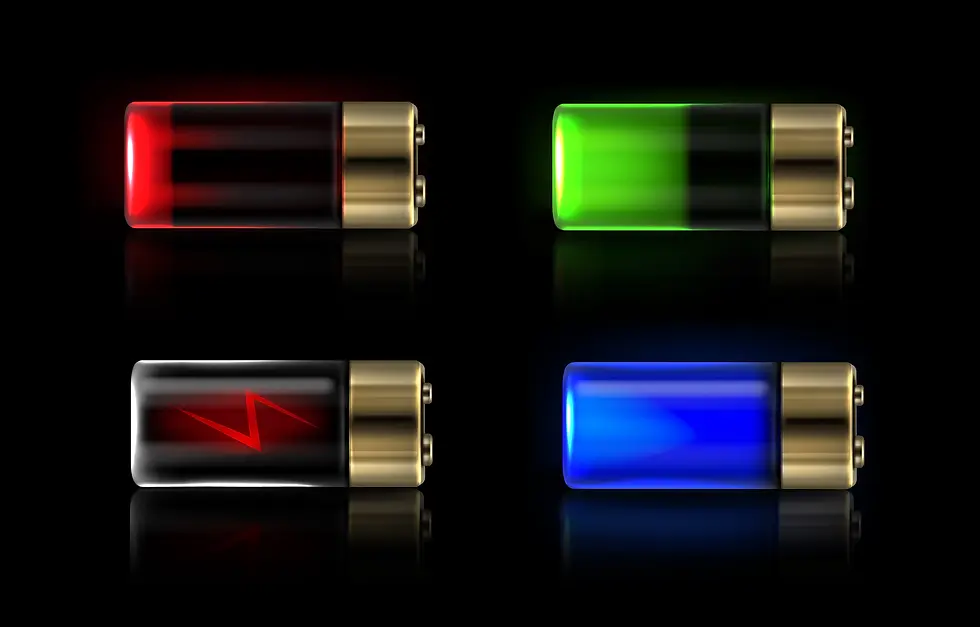How Do I Dispose of Lithium-Ion Batteries?
- Lithi+
- Feb 27, 2025
- 3 min read

Understanding the Importance of Proper Disposal
Lithium-ion batteries have become an integral part of modern life, powering everything from smartphones and laptops to electric vehicles and energy storage systems. However, improper disposal of these batteries poses serious environmental and safety risks. When discarded in regular trash, lithium-ion batteries can leak toxic chemicals, contribute to pollution, and even cause fires or explosions due to thermal runaway. To mitigate these risks, individuals and businesses must adhere to responsible disposal practices that align with local regulations and promote sustainability.
Who Is Responsible for Lithium-Ion Battery Disposal?
Household Consumers
For small electronic devices like smartphones, remote controls, and watches, consumers are typically responsible for ensuring their batteries are disposed of safely. Many retailers offer designated drop-off bins, and municipalities may facilitate hazardous waste collection programs. However, participation in these programs varies by region, so consumers should check with local authorities or organizations like Call2Recycle and Earth911 to find nearby disposal sites.
Businesses and Industries
Businesses that generate lithium-ion battery waste, such as electronics manufacturers, electric vehicle companies, and recycling centers, have additional responsibilities. Federal regulations, primarily set by the Environmental Protection Agency (EPA), classify used batteries as universal waste, meaning they require specific handling protocols but do not always necessitate hazardous waste manifests. However, stricter state-level regulations may apply, making it essential for businesses to stay informed and comply accordingly.
How to Properly Dispose of Lithium-Ion Batteries
Small Device Batteries
For household lithium-ion batteries used in personal electronics:
Identify the battery type: Check the battery or device manual for the type, often labeled as "Li-ion."
Find designated drop-off locations: Many retailers, such as Best Buy, Home Depot, and Staples, have battery collection programs.
Prepare the batteries for disposal: Keep batteries in original packaging or place them in separate plastic bags. Cover battery terminals with electrical tape to prevent short circuits.
Do not dispose of batteries in trash or standard recycling bins: Regular recycling facilities are not equipped to handle lithium-ion batteries safely.
Follow instructions at drop-off points: Some collection sites have specific disposal protocols, so always adhere to their guidelines.
Large Lithium-Ion Batteries
For larger batteries, such as those found in electric vehicles or industrial energy storage systems:
Identify the battery’s manufacturer: Some companies offer take-back programs where they recycle used batteries.
Locate certified battery recyclers: Online resources like Call2Recycle and Earth911 can help identify nearby recycling centers.
Prepare for transport: Never attempt to dismantle or puncture large batteries, as this can lead to hazardous chemical leaks or fires.
Comply with transportation regulations: Large lithium-ion batteries are classified as hazardous materials and may require special handling and labeling.
Avoid illegal disposal: Never dispose of batteries by dumping them in landfills or abandoning them, as this poses severe environmental and legal consequences.
Challenges in Lithium-Ion Battery Recycling
Despite growing awareness of responsible disposal practices, lithium-ion battery recycling faces several obstacles:
Complex Material Composition: Batteries contain a mix of metals like lithium, manganese, cobalt, nickel, and graphite, which are difficult to separate and recover.
Lack of Standardized Recycling Processes: Each manufacturer uses different battery chemistries, making it challenging to implement universal recycling procedures.
Limited Collection and Recycling Infrastructure: Only about 5% of lithium-ion batteries are currently recycled worldwide, highlighting the need for more widespread recycling programs.
Environmental Concerns: Extracting metals for battery production has significant environmental consequences. Recycling mitigates this impact, but the process itself must be efficient and safe.
The Future of Lithium-Ion Battery Disposal
With the demand for lithium-ion batteries expected to rise due to the growth of electric vehicles and renewable energy storage, the importance of sustainable disposal and recycling will only increase. Regulatory agencies like the EPA are working to establish stricter guidelines for battery manufacturers, encouraging them to use recycled materials in new batteries. Meanwhile, technological advancements in battery design and recycling processes aim to make lithium recovery more efficient and cost-effective.
Key Takeaways for Responsible Lithium-Ion Battery Disposal
Never throw lithium-ion batteries in regular trash or standard recycling bins.
Use designated collection sites or manufacturer take-back programs.
Follow proper handling and transport guidelines to prevent fire hazards.
Stay informed about federal and state regulations regarding battery disposal.
Support initiatives that promote battery recycling and sustainability.
By adopting responsible disposal practices, individuals and businesses can contribute to environmental protection, resource conservation, and a safer future for lithium-ion battery technology.
_edited.png)



Comments